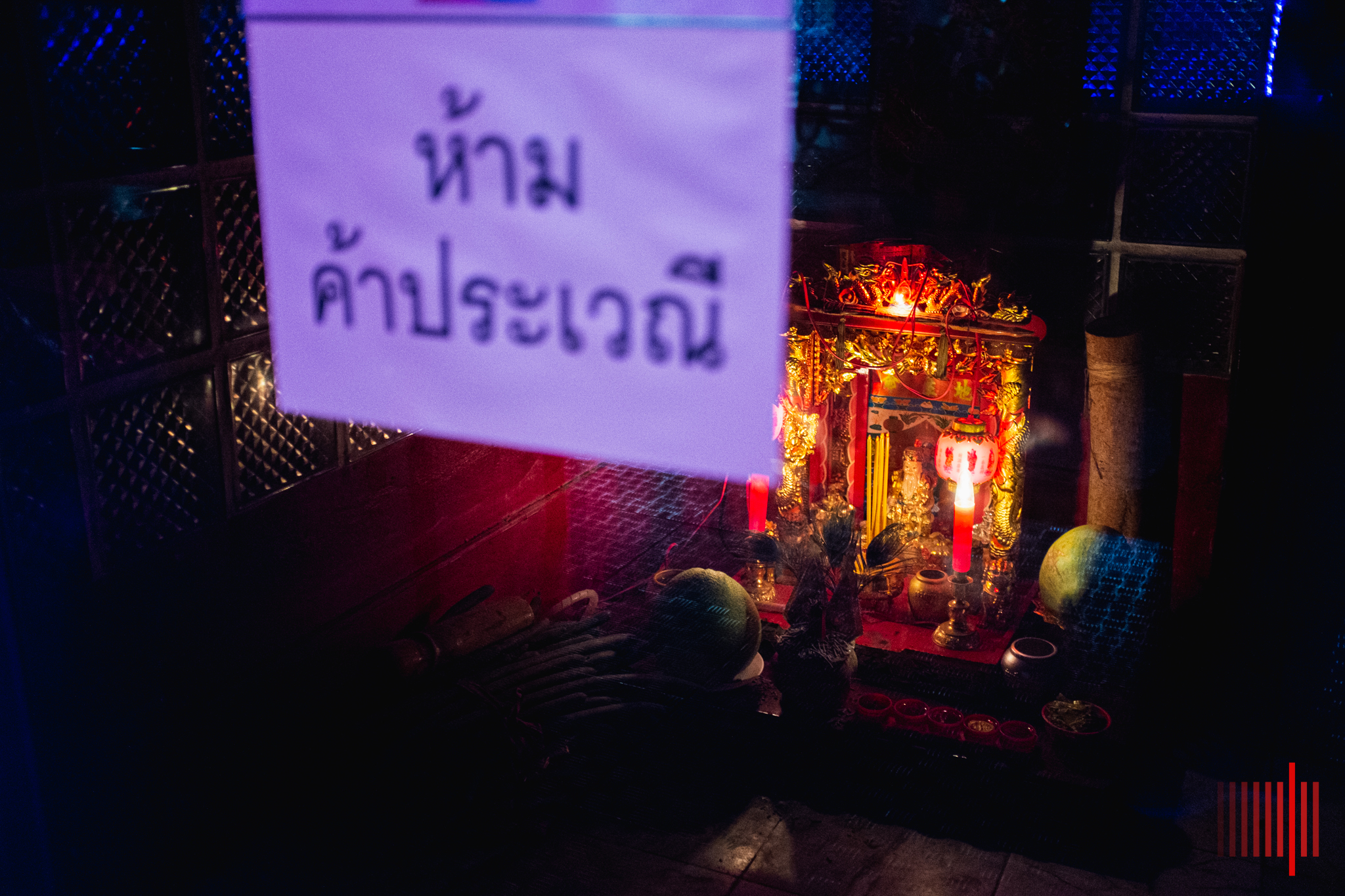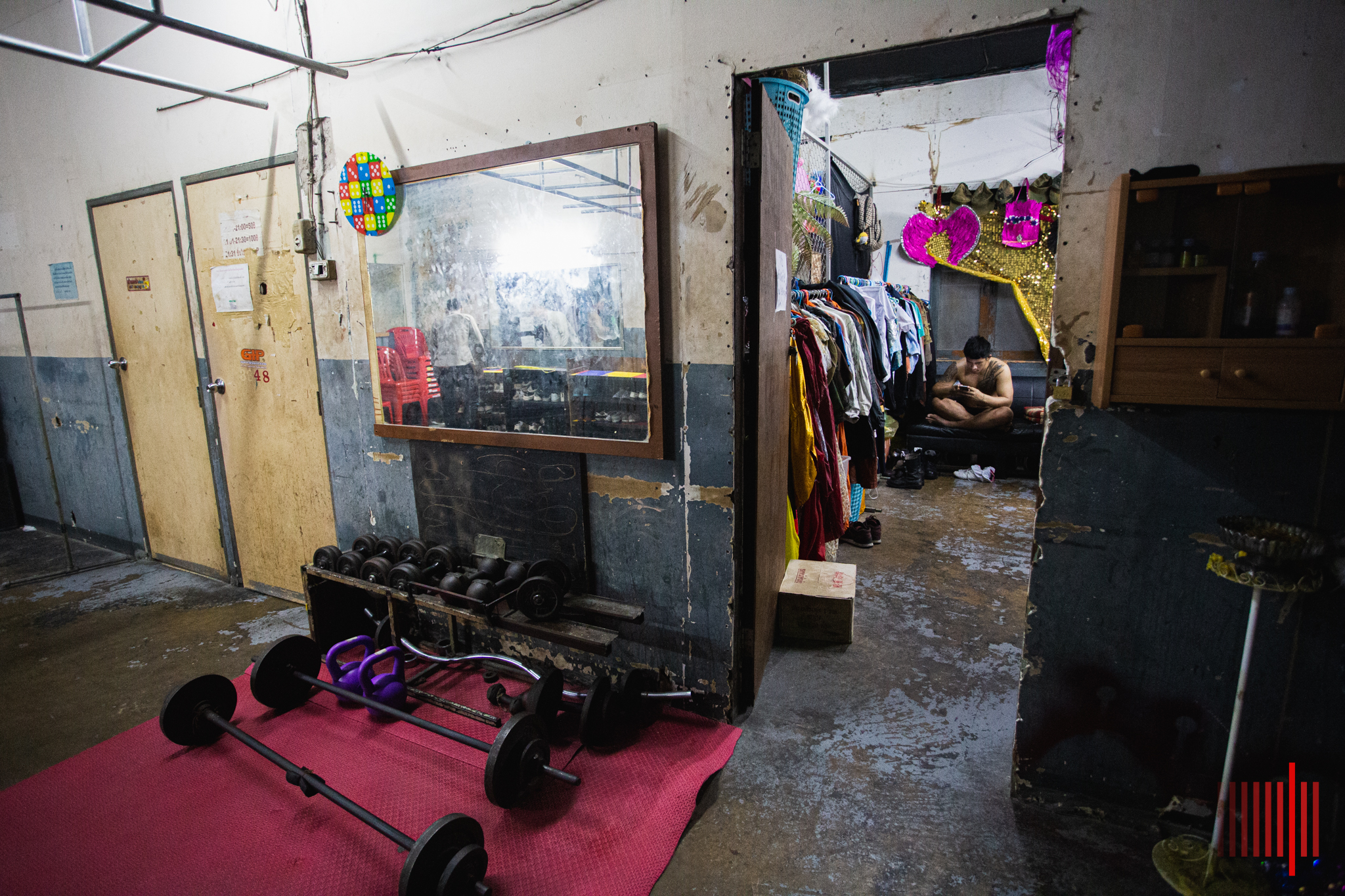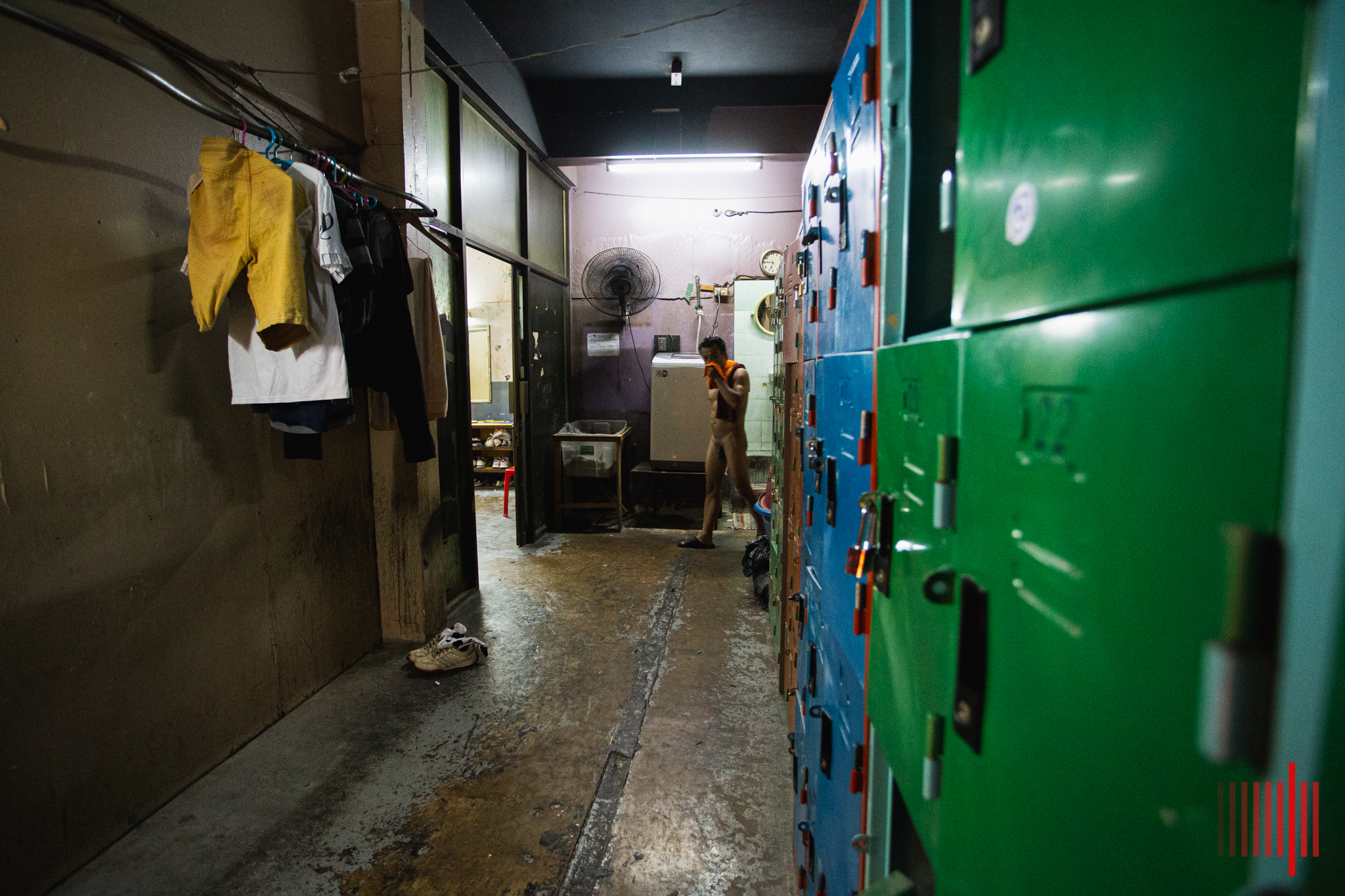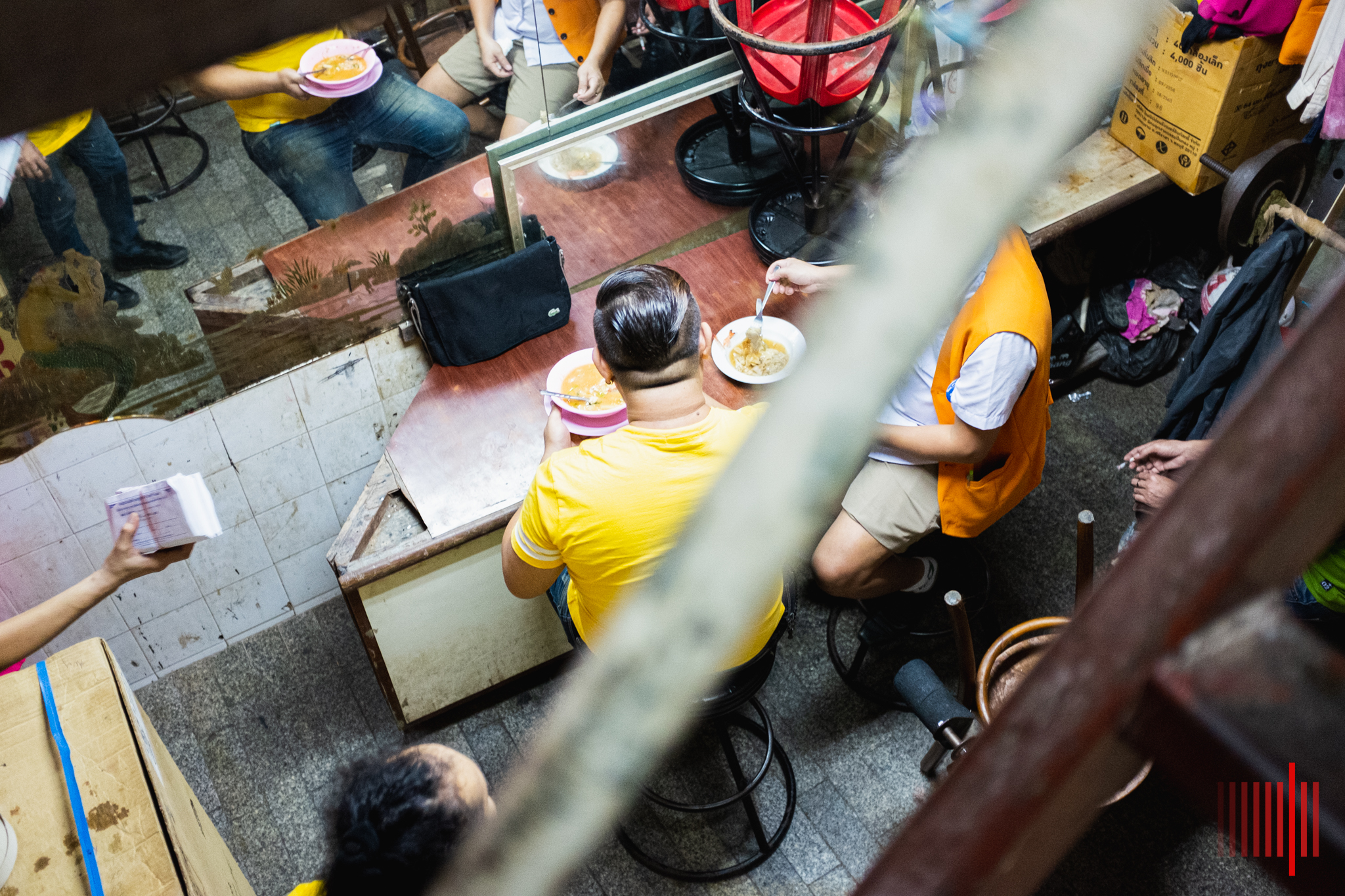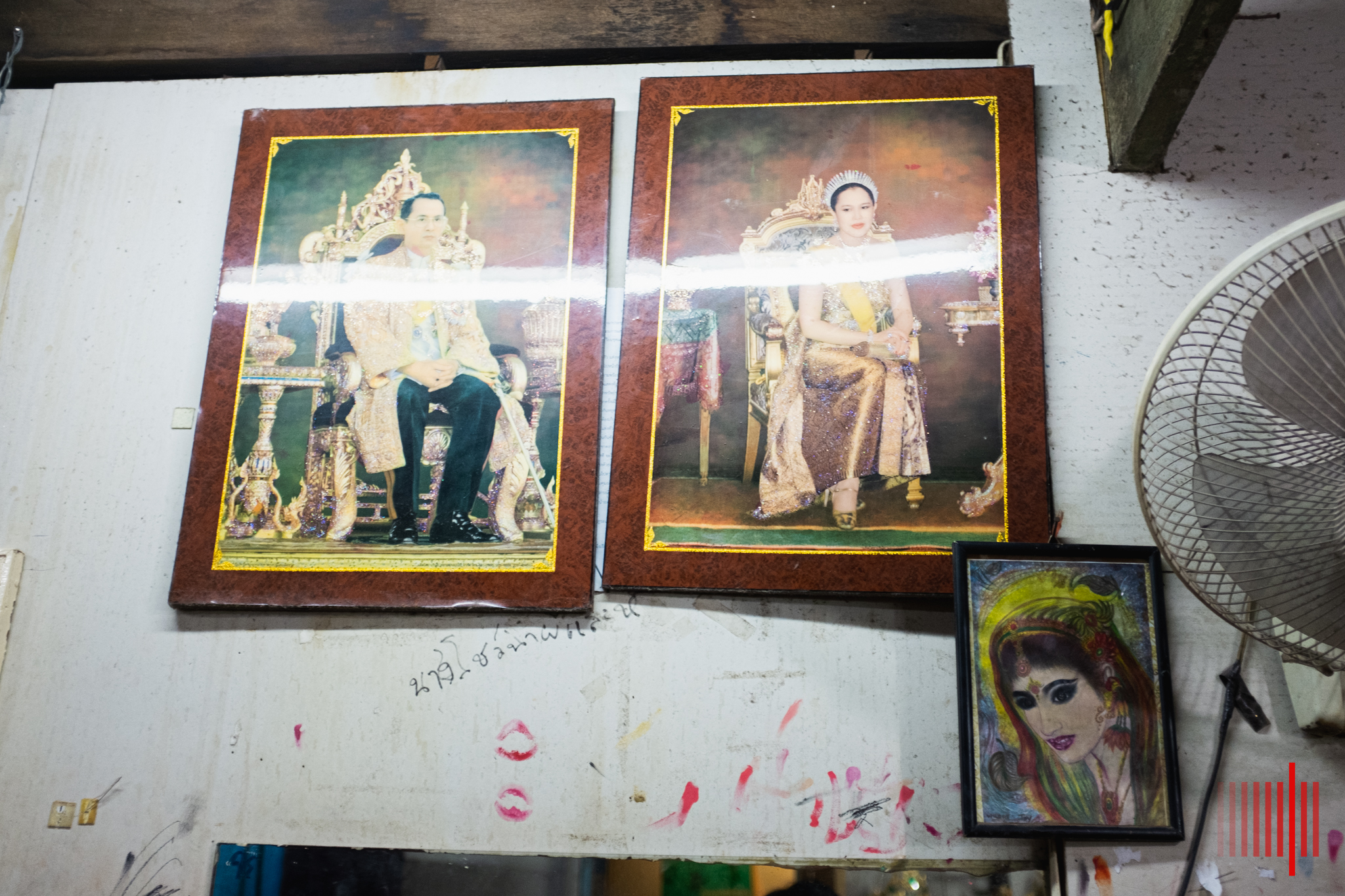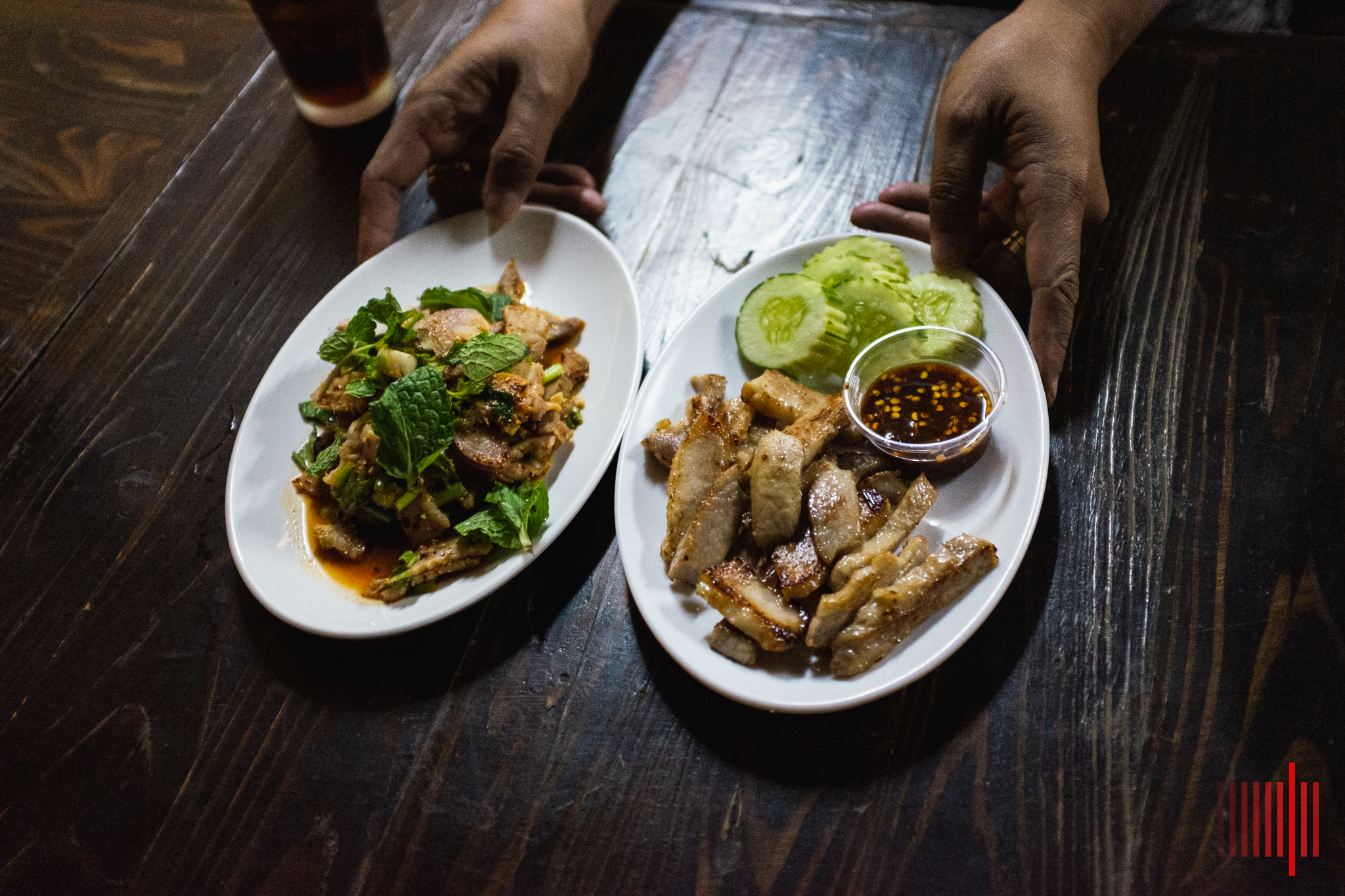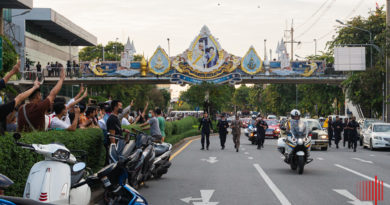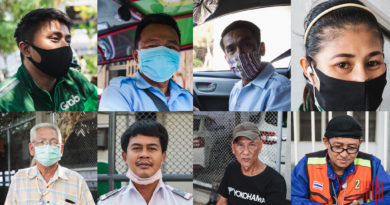Photo essay: Male ‘service’ workers in Thailand
On the occasion of Pride Month–a commemoration of the 1969 Stonewall riots that mark the history of LGBTQ rights movement–Plus Seven presents to you a photo essay of a marginalised group under the LGBTQ umbrella: the male sex workers in Thailand.
Originally published in Thai on the101.world.
Previously published in English on Prachathai English.
Male sex workers in Thailand face similar troubles and risks to their female and transgender counterparts. Nevertheless, their gender subjects them to more blatant violations in the hand of state officers.
The Thai sex industry, despite its global fame and long-standing availability, is still illegal and seen with disdain. The illicitness and stigma mean the male sex workers are vulnerable to mistreatment from clients, but could not seek help from officers. There were instances that male sex workers reported to the officer of physical abuse by clients. The officer rejected their account and tried to coerce them to confess to prostitution instead, in order to charge them.
Scornful opinions on sex work and gender roles add to the reluctance of male sex workers to speak up about the abuses. Consequently, they receive less help than female sex workers, which are the majority and the main focus of assistance projects.
Men in this trade are sexually fluid. While most of their clientele are male, not all workers are homosexual. There are sex workers who are gay, effeminate gay, and heterosexual. Some are married with children, and choose this profession out of economic necessity.
Workers of Service Workers In Group (SWING), a foundation for promoting health and rights awareness for sex workers, said that most become ‘service workers’ because of the promise of high incomes. The pay is relatively higher than other works than require the same qualifications. Formal education is not required; a service worker only needs confidence in appearance and an ability to satisfy customers. Many workers are of less advantaged backgrounds. This trade allows them to earn faster and more money to pay off debts for themselves and their families.
During the COVID-19 pandemic, entertainment venues have to close their doors, and foreigners can no longer visit Thailand. The service workers now see their incomes disappear. Being informal workers in a not-yet-legal industry prevents them from receiving governmental assistance. The SWING foundation provides food and other necessities for the service workers of all genders to help them through this difficult time.
If you wish to contribute to SWING’s COVID-19 fund for service workers, make a donation to:
Service Workers In Group Foundation
Account number 031-025695-3
Tel. 0 2632 9502



